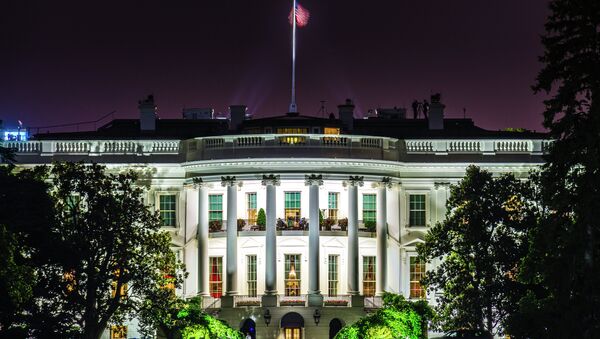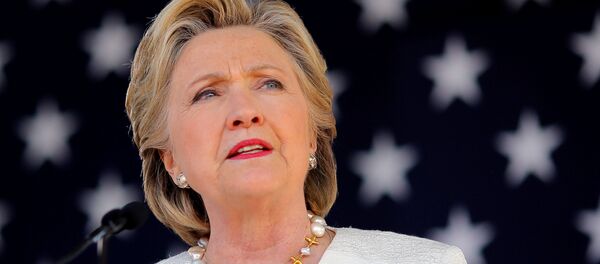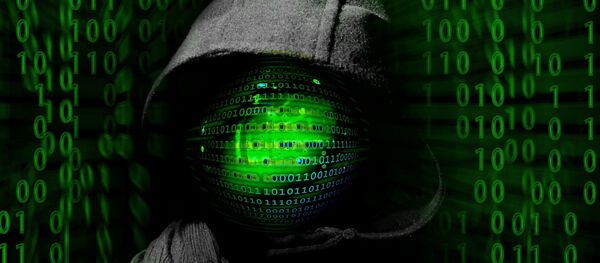"The decision to respond has been made long ago. Now that response will come in ways, and with the timing of the President, and it may not be visible to you. So, there’s no issue of about just sitting there being hacked and not taking some steps in dealing with it," Kerry said in an interview with the Wired magazine.
Earlier, Democrat hopeful Hillary Clinton accused Russia of involvement in the Democratic National Committee (DNC) email leak. Later, Kerry said that those hacking attacks convinced Washington’s allies in Europe to keep anti-Russian sanctions in place.Nevertheless, the White House has not provided any evidence for the allegations.
Earllier this week, British ambassador to Uzbekistan Craig Murray said that the DNC emails and recently leaked emails from Hillary Clinton's campaign manager John Podesta were not leaked by Russian hackers, but by a Washington insider.
"The source of these emails and leaks has nothing to do with Russia at all. I discovered what the source was when I attended the Sam Adam's whistleblower award in Washington. The source of these emails comes from within official circles in Washington DC. You should look to Washington not to Moscow," Murray said in an exclusive interview with Sputnik.
"WikiLeaks has never published any material received from the Russian government or from any proxy of the Russian government. It's simply a completely untrue claim designed to divert attention from the content of the material," he said.
As for the responsive measures, "US officials said the options under consideration include kicking more suspected Russian intelligence officers out of the United States, imposing new economic sanctions against Russian entities tied to the alleged hacking and potentially launching cyberattacks on Russian computer systems," an article in Washington Post read.
Kerry’s words on Washington’s readiness to respond to "Russian hacker attacks" are unlikely to lead to real actions, German Klimenko, Russian presidential adviser on Internet, told the Russian online newspaper Vzglyad.
Speaking hypothetically, the US could establish an "iron curtain in information technologies" against Russia, he suggested.
"For example, the paid services of Microsoft and Google do not work in Crimea due to sanctions. They [Washington] could do something like that to the rest of our country. The question is whether they are ready for such a measure. But theoretically, Kerry may have kept this in mind, speaking on responsive actions against Russia," Klimenko said.
At the same time, he underscored, that IT sanctions will not be productive because they are likely to backfire at economic and political ties.
"This factor could stop Washington’s sanctions policy from expanding," Klimenko added.
"In particular, the US could shut down Windows operating systems and banking systems across Russia. Unfortunately, Russia is not protected against such moves. The Americans have in their hands all tools needed for a cyber-attack against Russia," the expert told Vzglyad.
The question is how far the US wants to go and for what purpose, he added.
"If a responsive attack is conducted, I believe this will be done in order to legitimatize this practice. The US accused Russia of involvement in a series of cyber-attacks, but there is no evidence to these allegations. But if the Americans respond this will be a legitimate procedure, because this would mean that the Russian hacker attack was real," Ashmanov pointed out.
However, the fact that Washington has recently been involved only in "media wars" gives hope that this time the situation will not go beyond rhetoric, he concluded.




